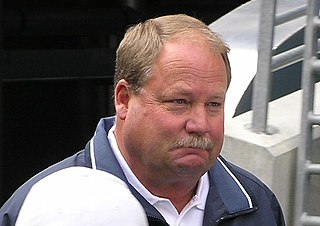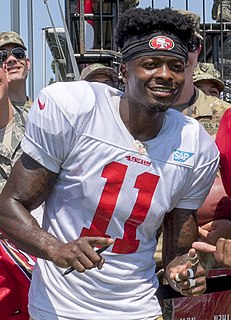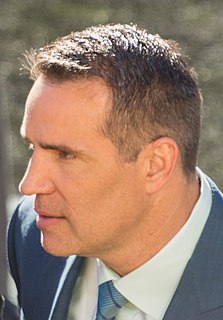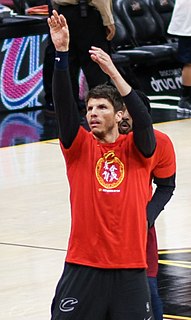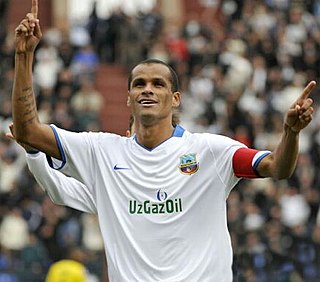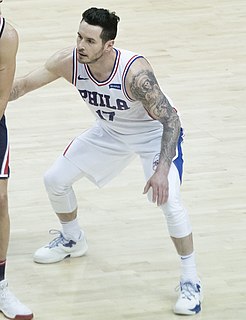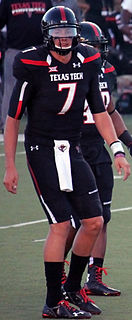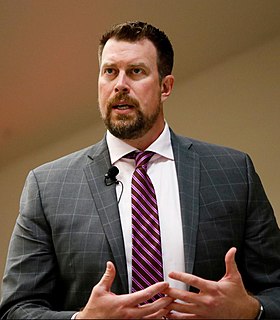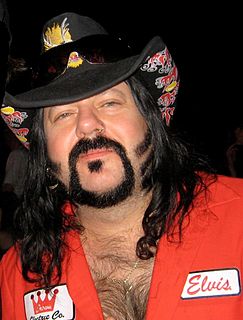A Quote by Mike Holmgren
The mentor thing is overblown to me. I'm going to coach the player. I'm not going to have another player coach the player. They can be friends but when it comes to what I want him to do on the football field, that's my call, not another player's call.
Related Quotes
In football, it's the job of the player to play, the coach to coach, the official to officiate. Each guy is charged with upholding his end, nothing more. In golf, the player, coach and official are rolled into one, and they overlap completely. Golf really is the best microcosm of life - or at least the way life should be.
When I was 17, I made the decision to have a good attitude. I was a junior in high school; the coach said I was going to be the captain of my basketball team. I thought – that surprised me because I wasn’t the best player. John Thomas was better than me, and I was probably second or third best player. And I kept thinking, “Why am I going to be the captain?” I think everybody else was thinking that too. And the coach then answered, “The reason John is going to be the captain is he has the best attitude on the team. He encourages others, he believes we can win, he never gives up.”
